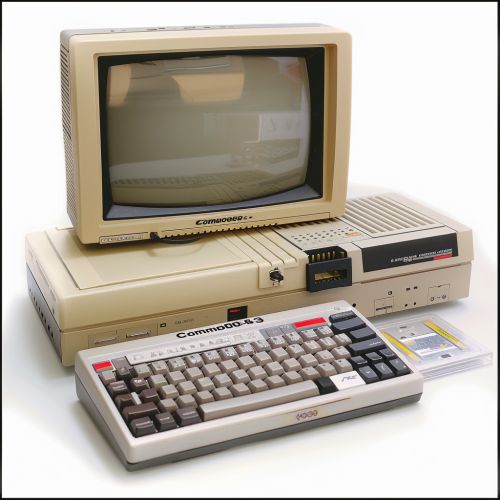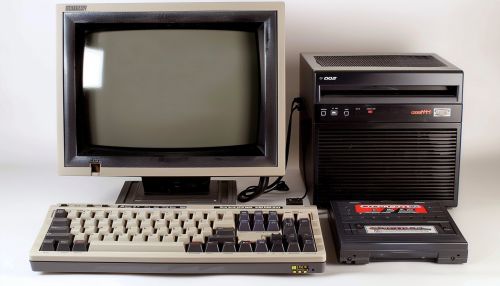Commodore 64
Introduction
The Commodore 64 (C64) is an 8-bit home computer that was introduced by Commodore International in January 1982. It is known for its affordability and extensive software library, which has made it a popular choice among home computer users and video game enthusiasts. The C64 is also notable for its advanced sound and graphics capabilities for the time, which were largely due to its Sound Interface Device (SID) and Video Interface Controller (VIC-II) chips.


History
The Commodore 64 was developed as a successor to the Commodore VIC-20, with the aim of dominating the low-end home computer market. The project was led by Commodore's engineering team, including Robert Yannes, who was instrumental in the development of the SID chip. The C64 was unveiled at the 1982 Consumer Electronics Show in Las Vegas, and it quickly gained attention due to its impressive specifications and low price point.
Hardware
The Commodore 64's hardware was a significant step up from its predecessor. It featured a 6510 microprocessor, 64KB of RAM, and custom chips for sound and graphics. The SID chip provided three-voice sound synthesis, while the VIC-II chip allowed for 16 colors, eight hardware sprites per scanline, scrolling capabilities, and two bitmap graphics modes.
Software
The C64 had a vast software library, with thousands of commercial titles covering a wide range of genres. This included productivity software, programming languages, and a large number of games. Some notable titles include Elite, The Bard's Tale, and Impossible Mission. The C64 also supported several operating systems, with Commodore BASIC being the most common.
Impact and Legacy
The Commodore 64 had a significant impact on the home computer market. It was one of the best-selling single computer models of all time, with estimates of sales ranging from 10 to 17 million units. The C64 also played a crucial role in the development of the video game industry, providing a platform for many early game developers. Its legacy continues to be felt today, with a thriving community of enthusiasts who continue to develop new software and hardware for the system.
